Guest post from www.sleephelp.org
Almost a third of adults in Oregon report sleeping less than seven hours per night, putting them in a state of sleep deprivation. While sleep deprivation can be caused by any number of factors including stress or a medical condition, it’s often reported as insomnia. If the following insomnia symptoms happen to you more often than not, you may need help to get the rest you need:
waking tired despite spending an adequate amount of time in bed
fatigue and sleepiness during the day
mood changes, including increased aggression and irritability
difficulty falling and staying asleep
frequent periods of wakefulness at night
waking up too early in the morning
inability to concentrate and focus during the day
increased anxiety and fatigue
Prolonged sleep deprivation due to insomnia can have lasting consequences on your physical and mental health. Sleep loss affects your appetite control, cognitive abilities, immune system, and emotional control, which can lead to conditions and illnesses such as diabetes, high blood pressure, and obesity.
Acupuncture can be successfully used to stop a continuing cycle of sleep deprivation. It works in a number of different ways to help you sleep better. The body relies on the timed release of sleep hormones to successfully fall and stay asleep. A 2004 study published in the Journal of Neuropsychiatry Clinical Neuroscience explored the relationship between acupuncture to insomnia and anxiety. After participating in a five-week acupuncture treatment, participants in the study had an increase in the amount of melatonin in their bodies. Melatonin is a sleep hormone that helps trigger the onset of sleep and keeps you stay asleep through the night. Participants in the study slept longer and woke less often during the night.
The second aspect of this study explored anxiety. Anxiety and stress can have a tumultuous relationship with sleep. Oftentimes anxiety or stress leads to the initial sleeplessness. However, sleep deprivation causes the emotional center of the brain to become more sensitive to negative emotions. While, at the same time, the reasoning center of the brain becomes less active. These changes in the brain contribute to more stress, which, in turn, leads to more sleep loss.
Participants in the 2004 study reported reductions in both their observed and self-reported anxious behaviors, contributing to better sleep. Acupuncture had a relaxing effect that reduced anxiety and helped stop the stress-sleep deprivation cycle. Better sleep can return balance to your emotional state and mental well-being.
Acupuncture can also be used to improve the effectiveness of other insomnia treatments. A review of 46 studies published in the Journal of Alternative and Complementary Medicine found that acupuncture can increase the effectiveness of sleep medications and herbal remedies. It did so by improving how often participants successfully fell asleep and lengthening their total sleep time both when used alone and in conjunction with other treatment methods.
Be sure that you’re developing good sleep habits along with any acupuncture treatments. That includes going to bed at the same time every night, developing a relaxing bedtime routine, exercising regularly, and eating a well-balanced diet. Putting a stop to insomnia may take some time, but acupuncture can give you the head start needed to get a good night’s rest.


